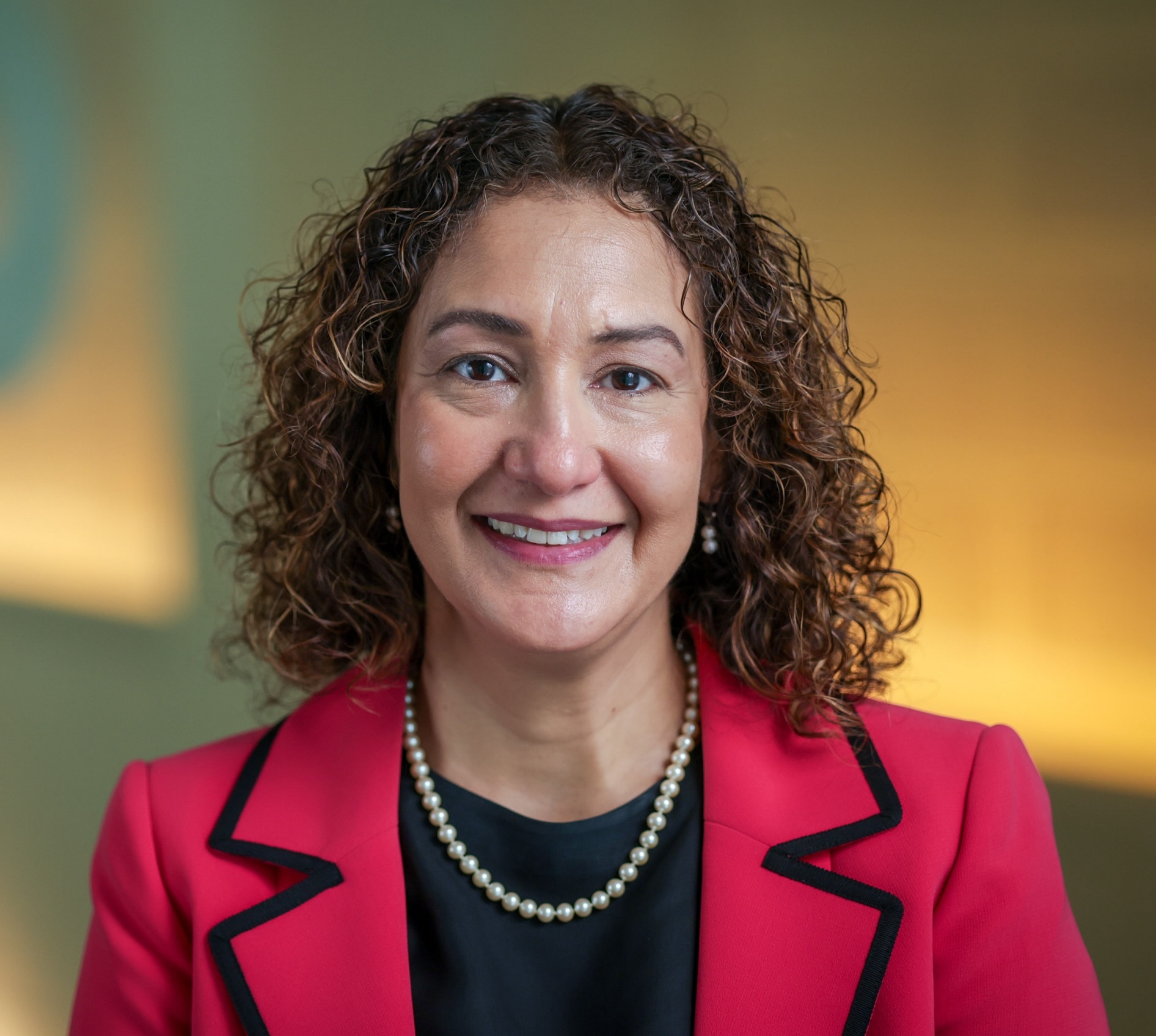
‘Putting Communities in the Driver’s Seat’ Can Ensure Lasting Social and Behavior Change
CCP’s Executive Director Debora B. Freitas López gives a keynote speech at the Africa Society for Social & Behavior Change virtual summit.

CCP’s Executive Director Debora B. Freitas López gives a keynote speech at the Africa Society for Social & Behavior Change virtual summit.
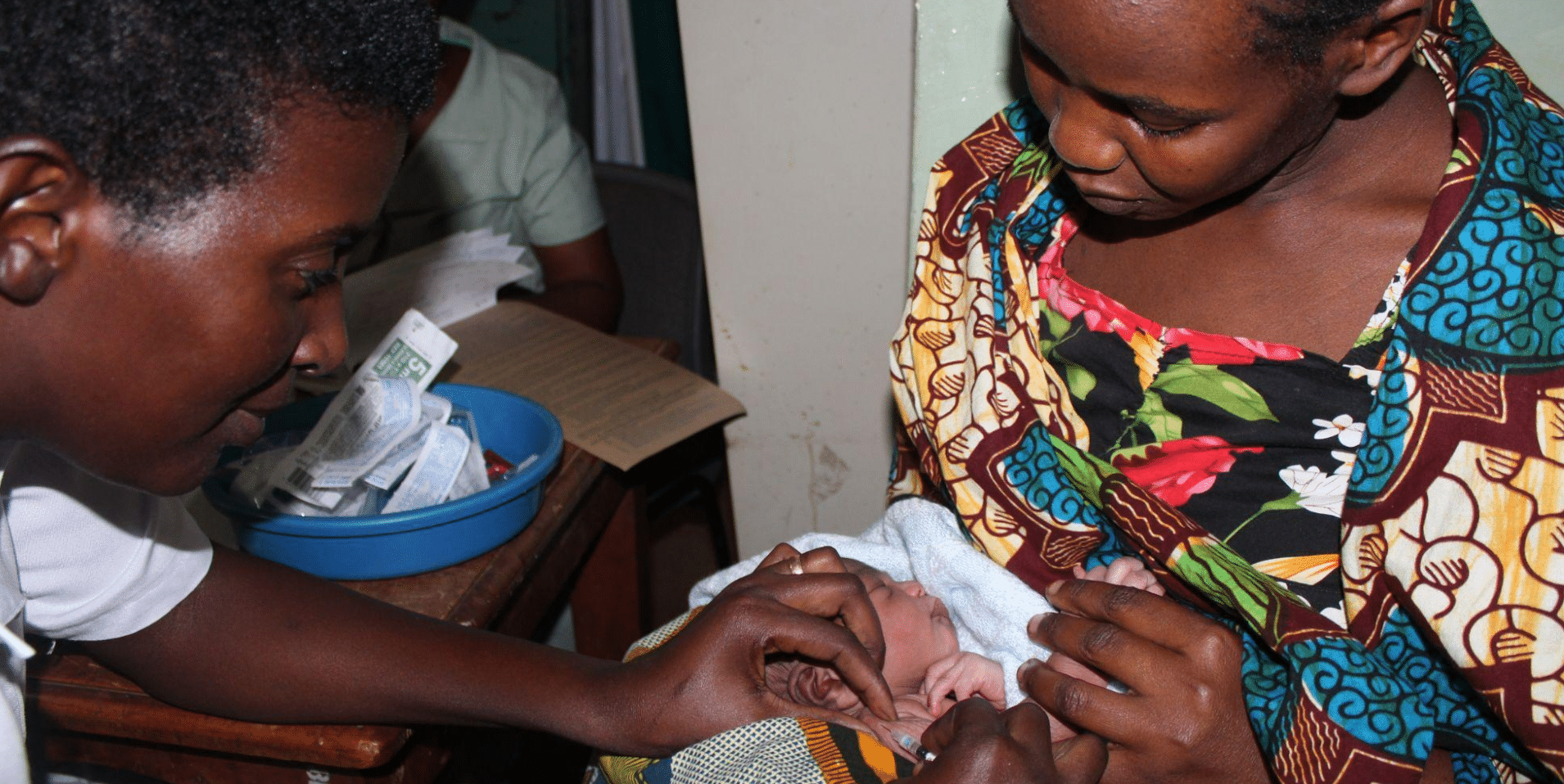
A new intervention aims to bring a more human-centered approach to health care, where providers and clients alike can feel better about their experiences.
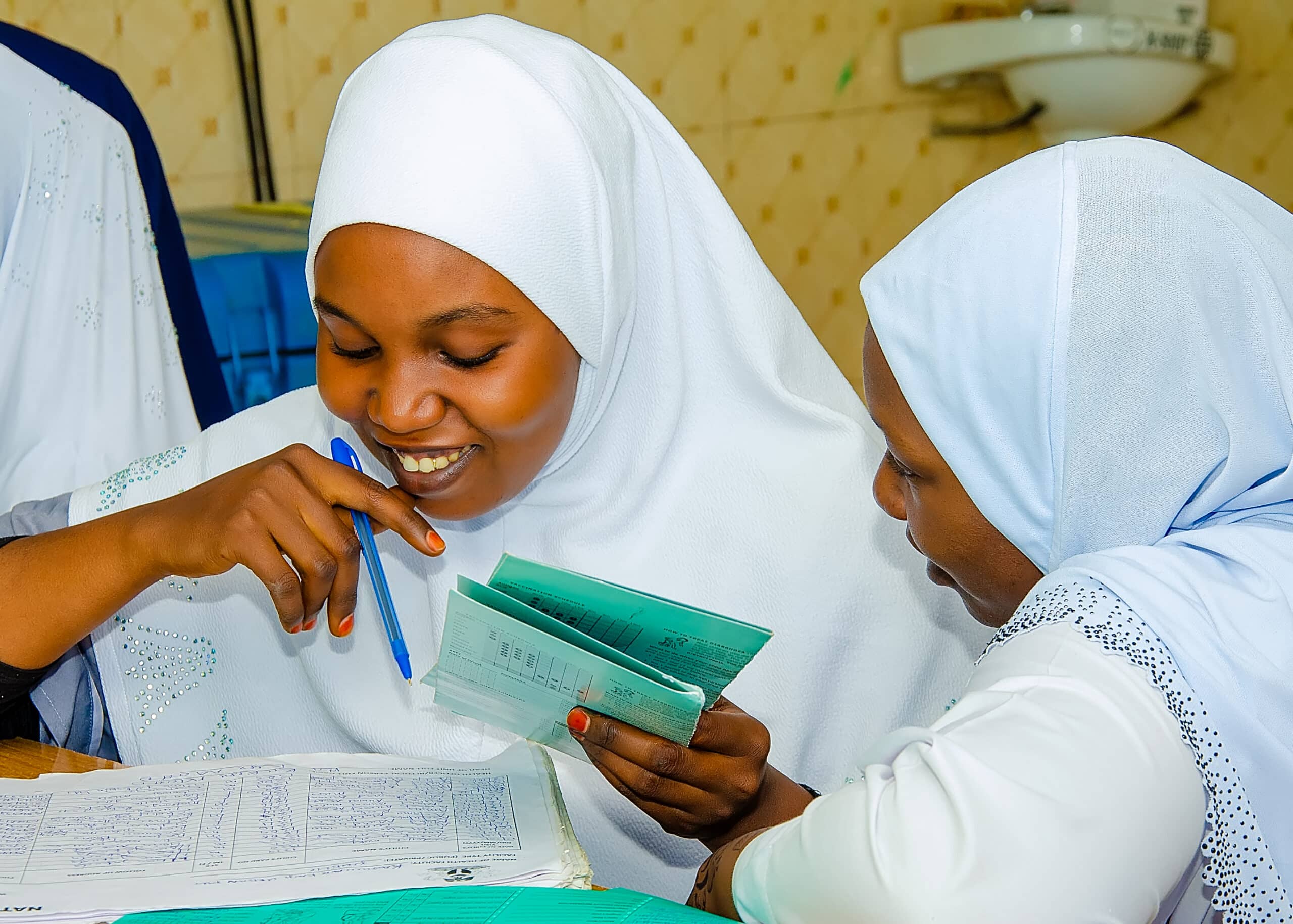
A ceremony in Nigeria closes one chapter of a social and behavior change movement, led by CCP and Breakthrough ACTION-Nigeria, and hands it to the government and community members best suited to ensure these gains are sustained well into the future.
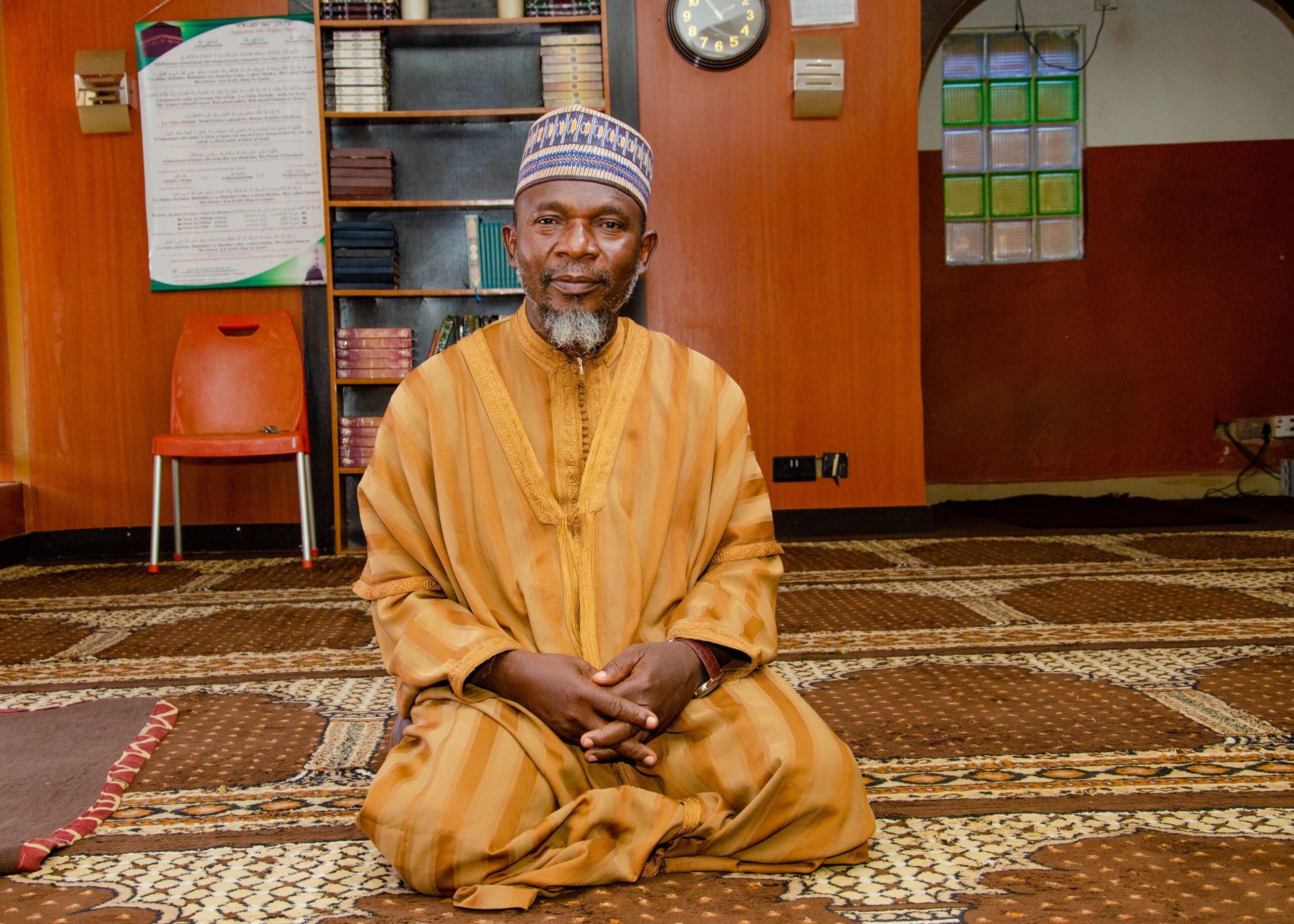
By working closely with Nigerians, who were involved in everything from identifying the challenges to developing and implementing the solutions that were part of the project’s activities, CCP’s Breakthrough ACTION prepared government and community groups to take the project successes and build on them long into the future.

New CCP-led brief suggests developing skills in empathy, interpersonal communication and reserving male-only spaces that promote deep connection can help boys long term.
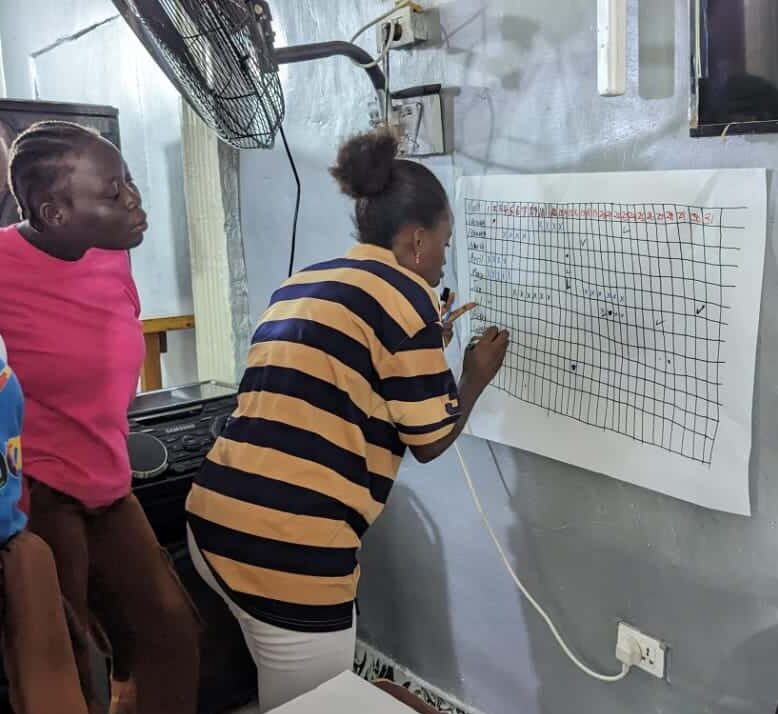
In Liberia, CCP is working to reduce bullying, period stigma and other negative taboos associated with menstruation. “We want people to really get comfortable making menstruation part of normal discourse,” says CCP’s Lindsey Leslie.
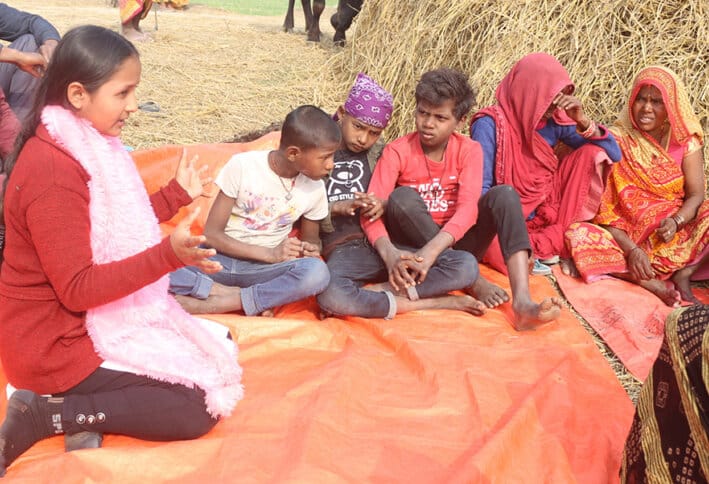
“You need to save the future of your daughters by educating them,” one girl told community members. “I urge mothers not to subject their children to the same fate they have experienced. Please do not marry them off early.”
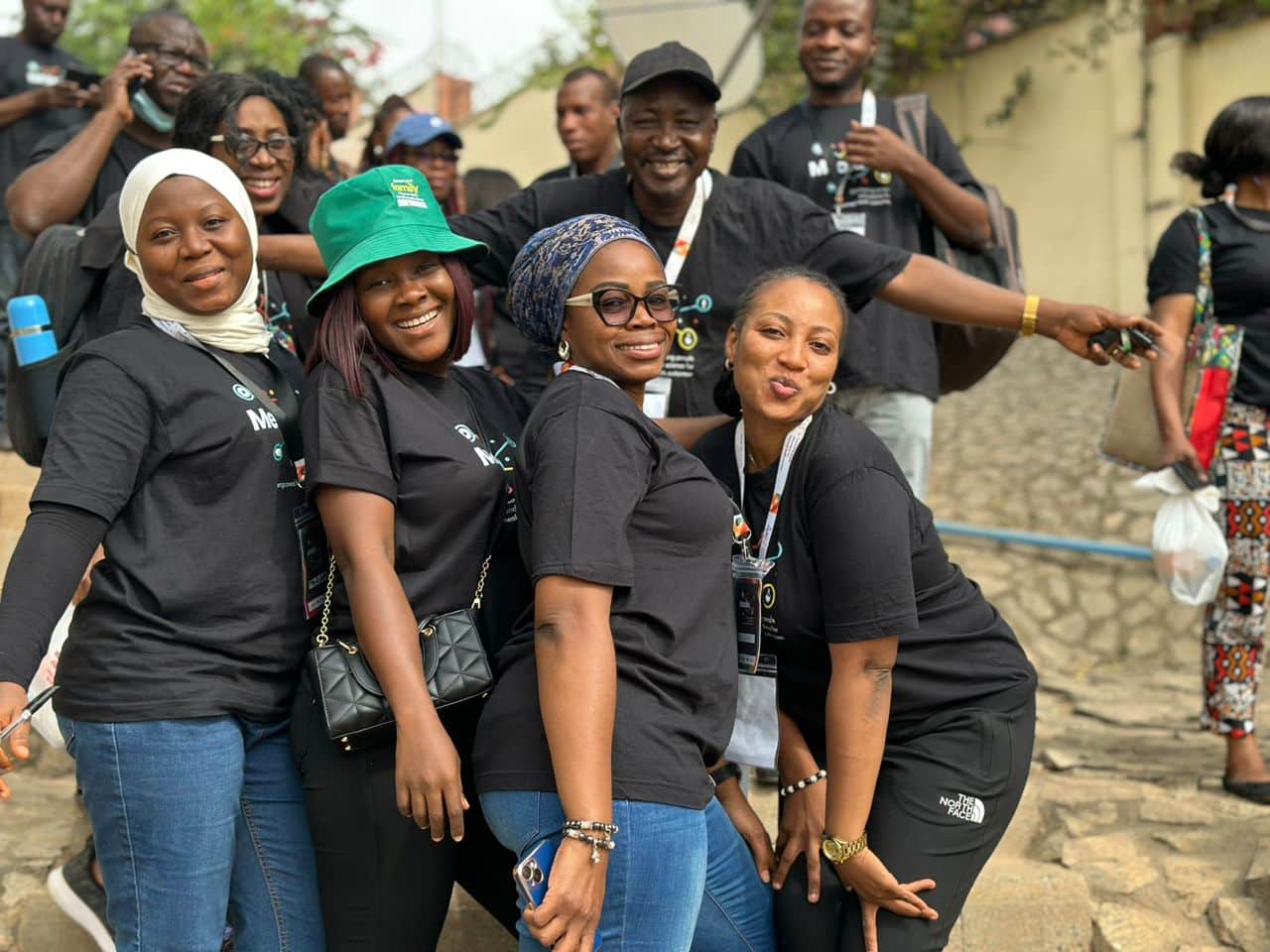
“In every society, journalists play a role in disseminating information,” says CCP’s Olayinka Umar-Farouk. “To do this better, journalists must be adequately trained as part of preparedness efforts for future outbreaks.”
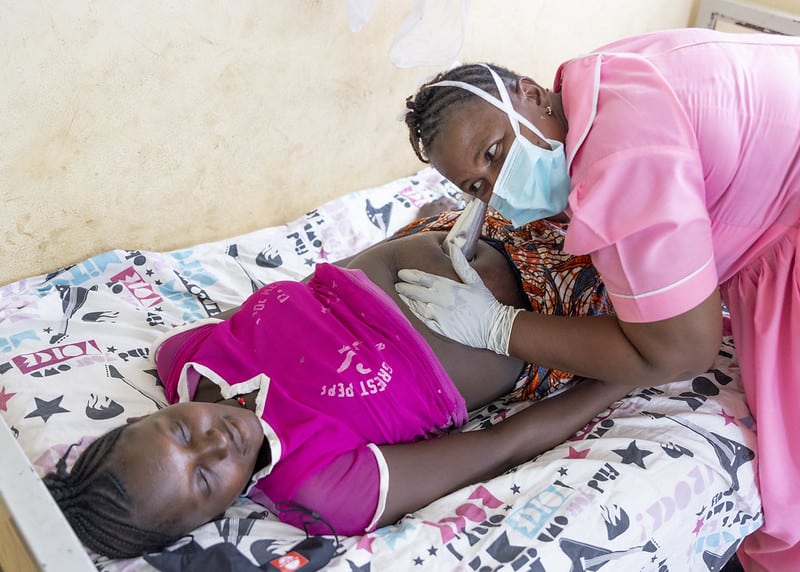
Social and behavior change can encourage early prenatal care and prevention measures, keys in reducing a mother’s risk of malaria.
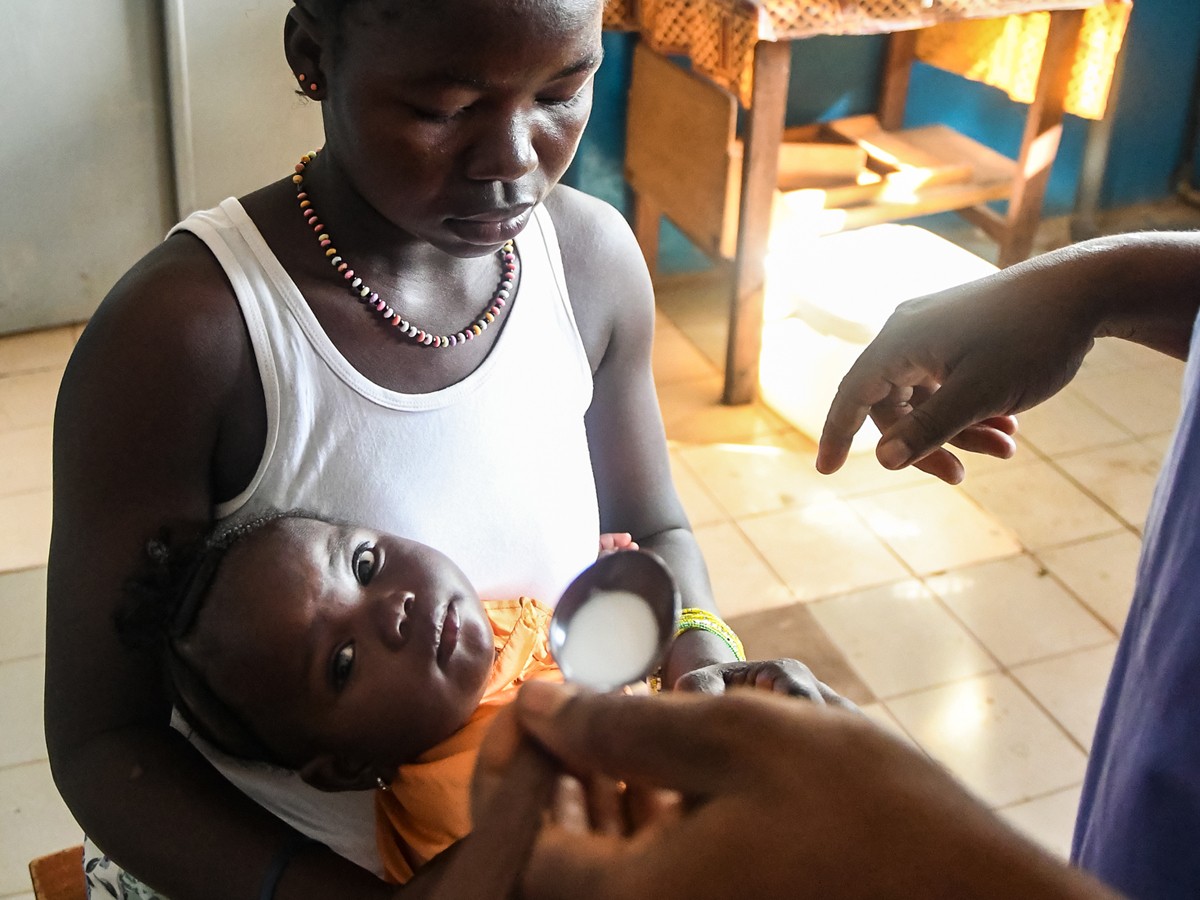
CCP researchers are investigating whether herbalists and others can work with the health system to help people get treatment for fever and prevent more serious malaria complications.
Receive the latest news and updates, tools, events and job postings in your inbox every month